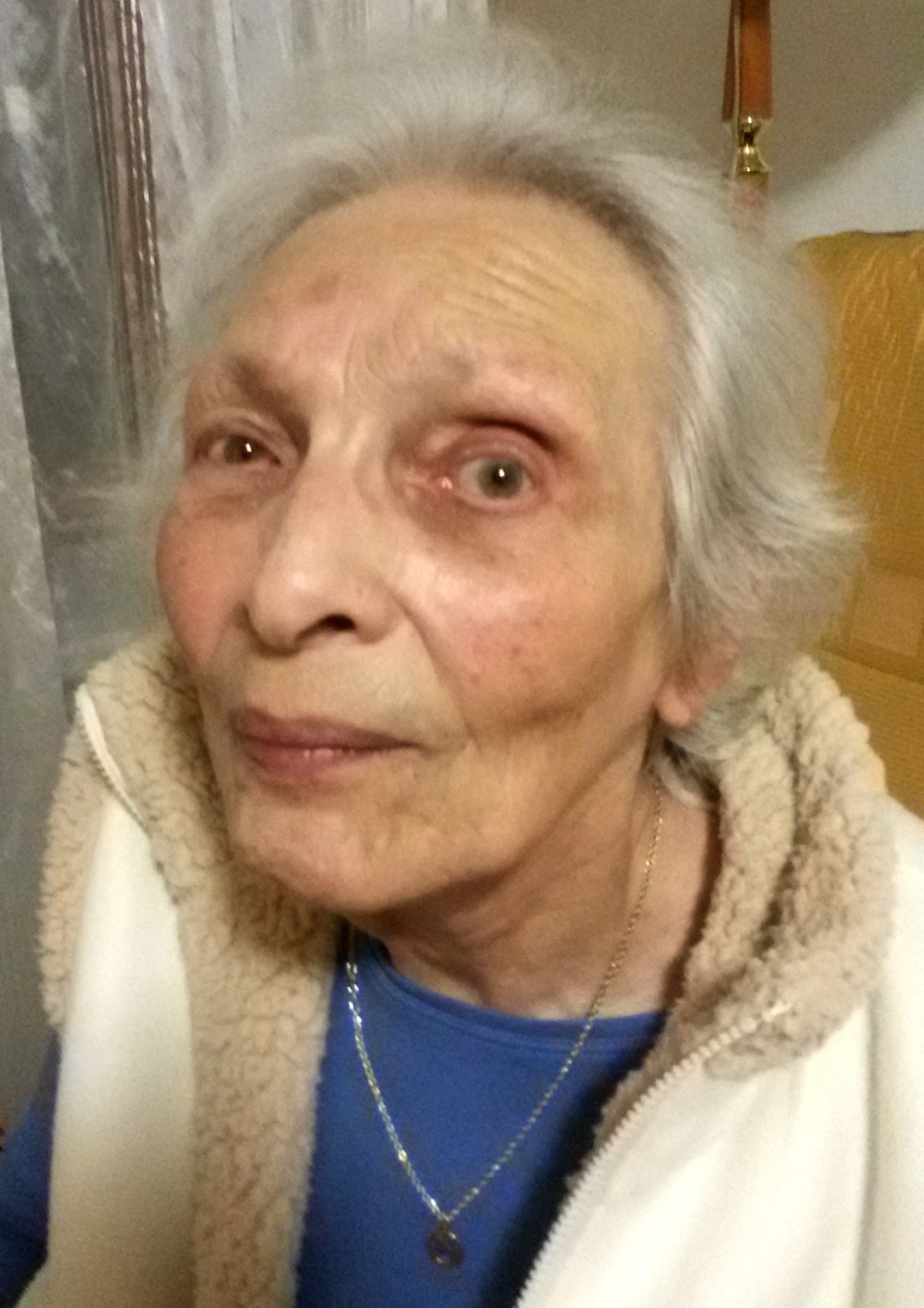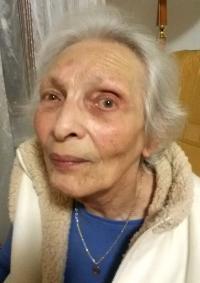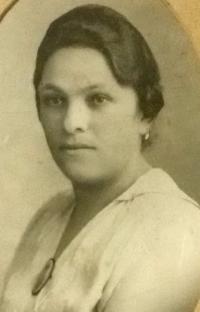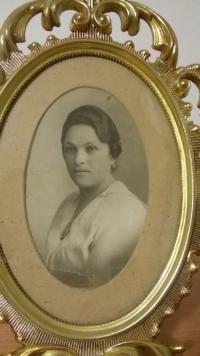I survived eight concentration camps but when I came back to Dolní Kounice no one even asked me if I was hungry or where I was going to sleep

Stáhnout obrázek
Ruth Kopečková, née Morgensternová, was born on 1st August 1923 in Doulní Kounice into a Jewish family. Her parents, Filip Morgenstern and Ema Morgensternová owned and managed the quarry. After her father‘s death caused by pneumonia in 1933 her mother took care of the quarry alone. Ruth was preparing to leave for Palestine from the late 1930s but unlike her friend, Truda Friedlová, she didn‘t make it in time. After the German occupation of 1939 she was not allowed to travel anymore. During that time her mother had to sell the quarry at a ridiculous price. On 14th March 1942 Ruth Kopečková and her mother were transported to Terezín, and from there they were sent to work in a camp in Karlova Ves in the Křivoklát area for six weeks. On 1st September 1942 they were transported again, this time to Jägala, Estonia, which was the last time Ruth and her mother saw each other. Ruth spent time in Estonian concentration camps - Reval, Ereda, Kivioli, Lagedi - and then she was taken to Germany through Stutthof and Hamburg, ending up in Bergen-Belsen. Liberation by the British army on 15th April 1945 was the only thing that saved her from death by starvation. After coming back to Dolní Kounice in May 1945 she was no longer welcome in the village and her house was occupied by other families. Ruth Kopečková died on June 20th, 2022.


